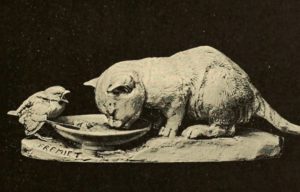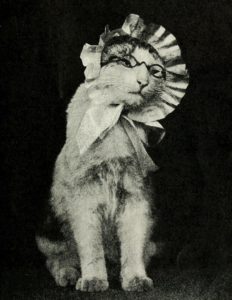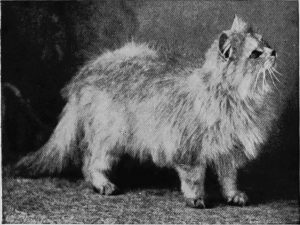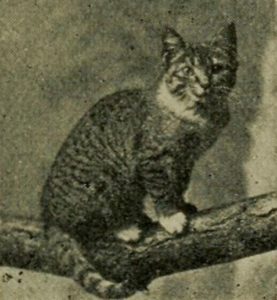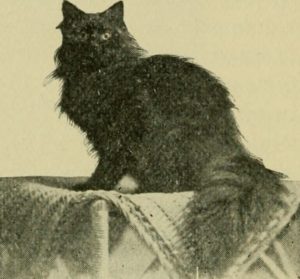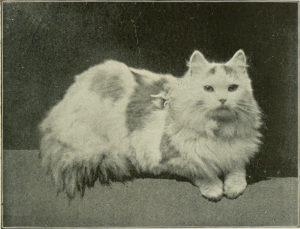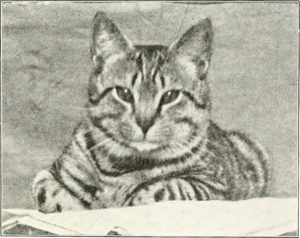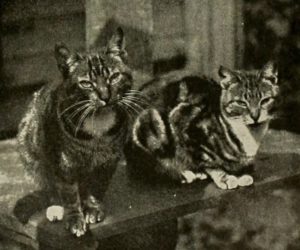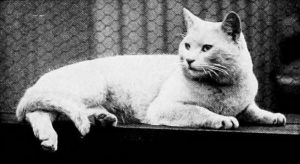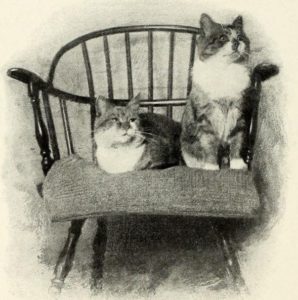
91st chat, Tuesday October 3 2017: open educational resources (OER)
6pm Pacific / 7pm Mountain / 8pm Central / 9pm Eastern
moderated by @zoh_zoh @aliversluis @eriksation @SarahEHare
Storify (pdf, html) by @violetbfox
Suggested resources:
- New Directions in Open Education by Mike Caulfield (October 2016)
- A Critical Take on OER Practices by Sarah Crissinger, In the Library with the Leadpipe (October 2015)
Discussion questions:
- Q1. What critical questions and ideas are missing from current conversations about OER? #critlib
- Q2. How does privilege intersect with making and using OER? #critlib
- Q3. Are there any commonalities between critical information literacy and open pedagogy? #critlib
- Q4. How is it harmful to frame OER as a simple solution to complex issues (educational, economic, etc.)? Have you seen this framing? #critlib
- Q5. How does OER labor get rewarded (or not)? How does this differ across groups (librarians, instructional technologists, faculty)? #critlib
